You’re running an annual sales incentive program and you know that travel is the ultimate motivator, so you’ve been planning and communicating about an awesome trip. Your top sales people will receive a fitting reward. But what happens to the other 90% of your company? Is the rest of the sales team motivated to keep trying when it’s clear they’re not in the running? Are non-sales teams being recognized for their contributions? Points programs are extremely effective when it comes to boosting employee engagement and moving the often forgotten, but very important “middle 60%” on the sales team.
Reward In Proportion to Results
Points programs – whether sales incentives or recognition programs – allow you to reward in proportion to actual efforts and results. They keep everyone focused, with a promise of rewards which can include gift cards, a local weekend getaway, or event tickets.
Managers can be given the power to directly reward the team for day-to-day actions and decisions that support your mission, many of which aren’t tied to sales at all. And sales leadership can establish a rules structure that energizes the entire audience, giving your organization a chance to capture incremental increases across the entire team.
With a points platform and process in place, you can control the budget centrally. It’s easy to establish a tiered incentive structure, to set standards for rewards tied to recognition, and to maintain accountability. That’s important to your finance team and to the health of the business!

Reach Over Exclusivity
In an employee engagement and recognition program, company managers can give a teammate enough points for a dinner out with the family, after a late night in the office. Or, they might award significant points to celebrate a big achievement like a contract signed, or a cost-saving procedure implemented. This lets everyone on the team know they are appreciated and that their efforts are recognized, strengthening the bond between the employee and the company, and reinforcing best practices.
Sales, on the other hand, presents unique challenges. By mid-year, most sales teams have a pretty good idea of who will make it to the incentive trip and who won’t. Providing a points program for which the entire team is not only eligible, but has a chance of earning, gives the rest of the team a reason to keep working towards your goals. Goals should be challenging but achievable, and rewards should directly reflect the results. Otherwise, the majority of the sales team might just give up on the initiative, costing the company incremental increases in revenue, and risking their engagement with the organization.
The intent should be to reach the entire organization, not just those who “always win.” In fact, recent Incentive Research Foundation (IRF) research shows this to be true. Top performing companies go for wide reach, reaping the benefits of everyone’s best efforts.
Power of Choice
There’s something else about a points program… People like them. They like them because they can select their own rewards, choosing something meaningful to them personally. This gives the reward greater relevance and connects your program to their aspirations.
This provides not only motivation for the individual, but also efficiency for the organization. The investment you make into incentives, recognition, and rewards, goes to things that matter to the people in your company. Whether it’s points accumulated for a family holiday, or a donation to a close-to-the-heart cause via a charity gift card, everyone can choose a reward that’s meaningful to them. The experience is connected back to the organization, and the efforts made to achieve the result.
In the end, points programs don’t take the place of human interaction. Group incentive trips still provide important opportunities for networking and recognition. Managers still need to go down the hall and say thank you, ask about resources, and applaud successes. But a points program does provide a framework – and the technology – to set standards, provide meaningful rewards, communicate company goals and objectives, and can even capture the data that reveals trends in your workforce. And what’s more, it can touch every member of your team.



